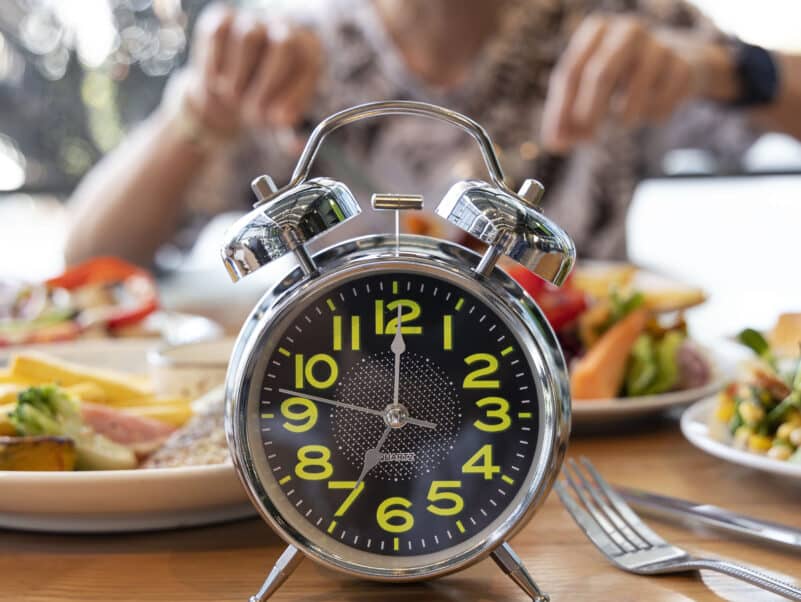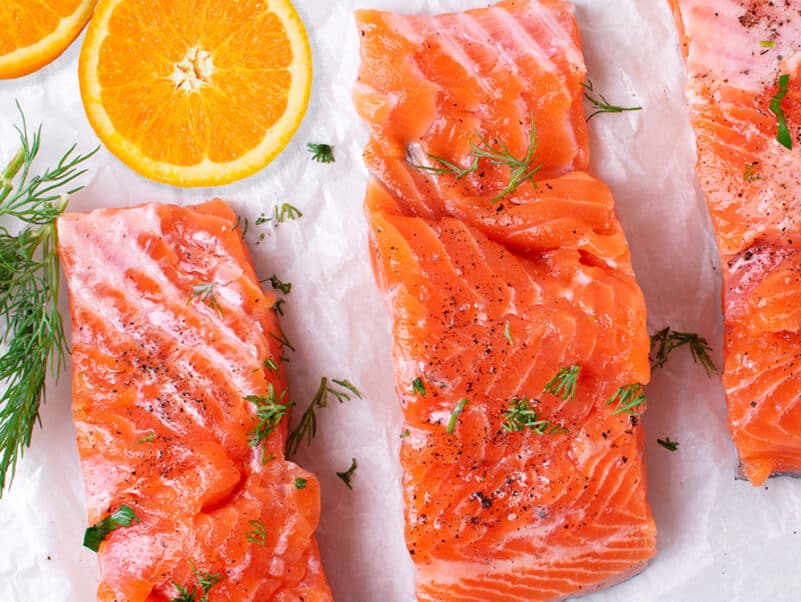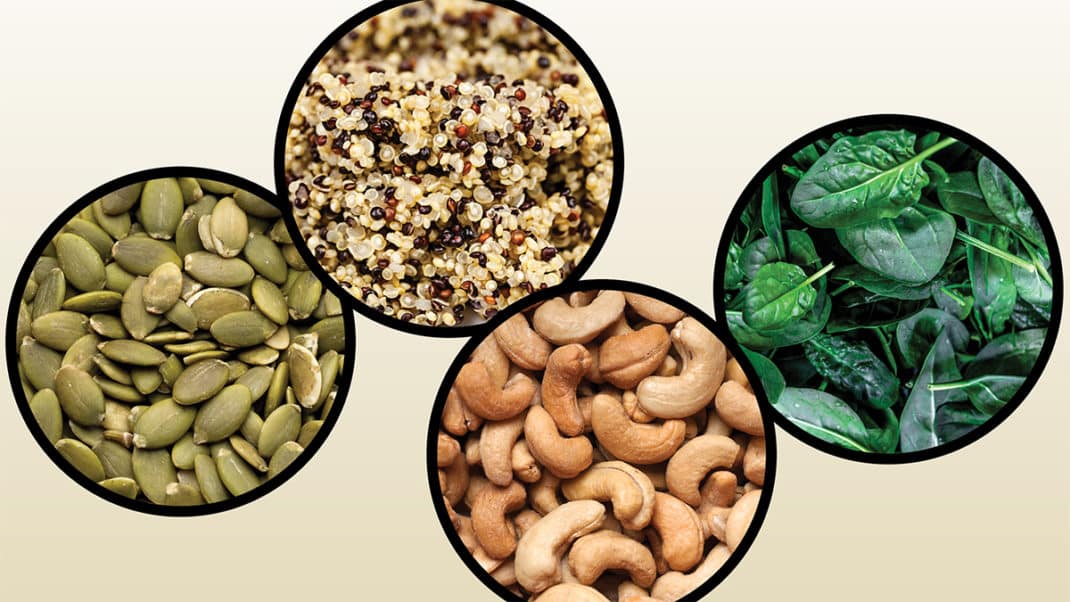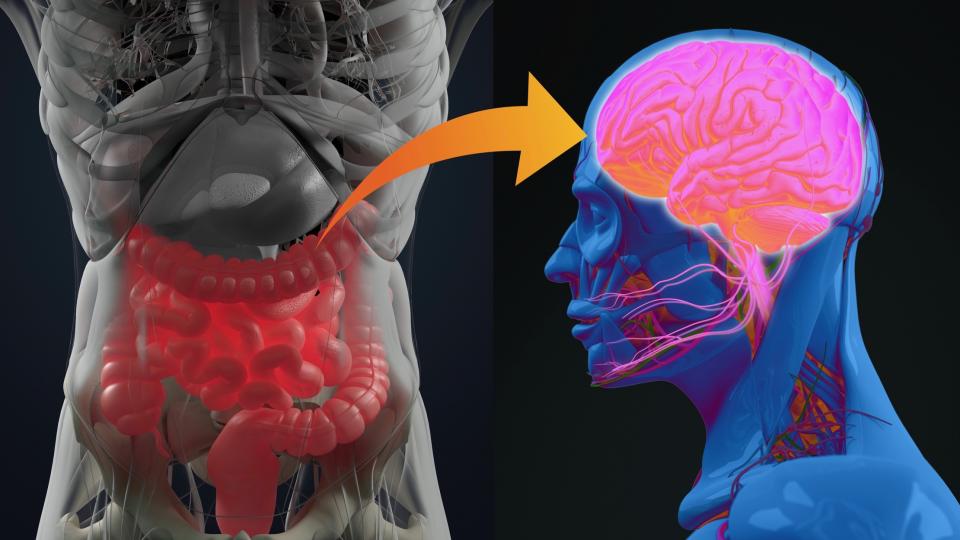Correcting Common Diet Myths
With all the nutrition misinformation available today, it can be tricky to know what’s actually true and what’s false. Diet myths can make it especially challenging if you’re trying to lose weight or eat healthfully. To help you separate myth from truth, read these insights from Milton Stokes, RD, nutrition writer and managing partner of Culinary Nutrition Consultants Inc. in New York City.
FACT: Fat is an essential nutrient for good health. Among other roles, it is used by the body to maintain proper temperature, protect vital organs, constitute cell membranes and produce hormone-like effects. In addition, fat is a dense energy source that helps you feel satisfied for longer periods of time (essential for dieters!). It is also vital for absorption of other essential nutrients.
That said, you should monitor the type and amount of fat in your diet. Studies have found that unsaturated fatty acids, like those in a mostly plant-based diet, may offer cardiovascular protection and prevent chronic disease. However, research has also shown the importance of limiting saturated and trans fat to reduce the risk of cardiovascular disease.
Varying your overall food intake is the best way to get adequate amounts of the healthy fats. “I recommend using a dab of extra-virgin olive oil with bread, instead of butter or margarine,” says Rebecca Wright, MS, RD, LD, a clinical dietitian in Murray, Kentucky. She also suggests limiting the “bad” fats (meaning saturated and trans fats) and replacing them with nuts, seeds and healthy oils, such as canola and olive. How much fat is healthy? The American Heart Association recommends that your daily intake of fat should be around 30% of total calories.
FACT: A diet rich in carbohydrates—particularly high-fiber items, such as fruits, vegetables and whole grains—is essential. Carbs are the body’s ideal fuel source, and getting adequate amounts ensures sufficient energy for daily physical activity, metabolic functions and repair. People who avoid carbs while dieting need to resort to an alternate, less- efficient energy source.
“It’s best to aim for 50%–60% of total calories from carbohydrates for optimal health,” says Cynthia Sass, MPH, MA, RD, LD, author of Your Diet Is Driving Me Crazy (Marlowe & Co. 2004). Limiting carbs often results in headaches, poor endurance, muscle tissue breakdown and dehydration, she explains.
FACT: Wrong. “An empty stomach is likely to cause you to fatigue more quickly when working out,” notes Jenna Bell- Wilson, PhD, RD, LD, IDEA contributing editor and assistant professor in medical dietetics at Ohio State University. Becoming tired too soon can result in a suboptimal workout.
If you head straight for the gym before eating breakfast, this strategy can compromise your ability to work out at your optimal performance level. A better plan is first to eat a quick breakfast meal or snack that contains both protein and carbohydrates, such as whole-grain cereal topped with low-fat milk.
Does eating after 6:00 pm make you gain weight?
No. “There is no magic hour at which everything suddenly turns to body fat,” advises Ellie Krieger, MS, RD, a New York City–based dietitian and author of Small Changes, Big Results (Clarkson Potter 2005). She says nothing is wrong with having a light supper or snack at night as long as you don’t overindulge by eating more than your recommended daily calorie allowance.
However, many people eat too much in the evenings during sedentary activities like watching television. Make sure you are eating in response to true hunger and not for another reason, like boredom or loneliness.




